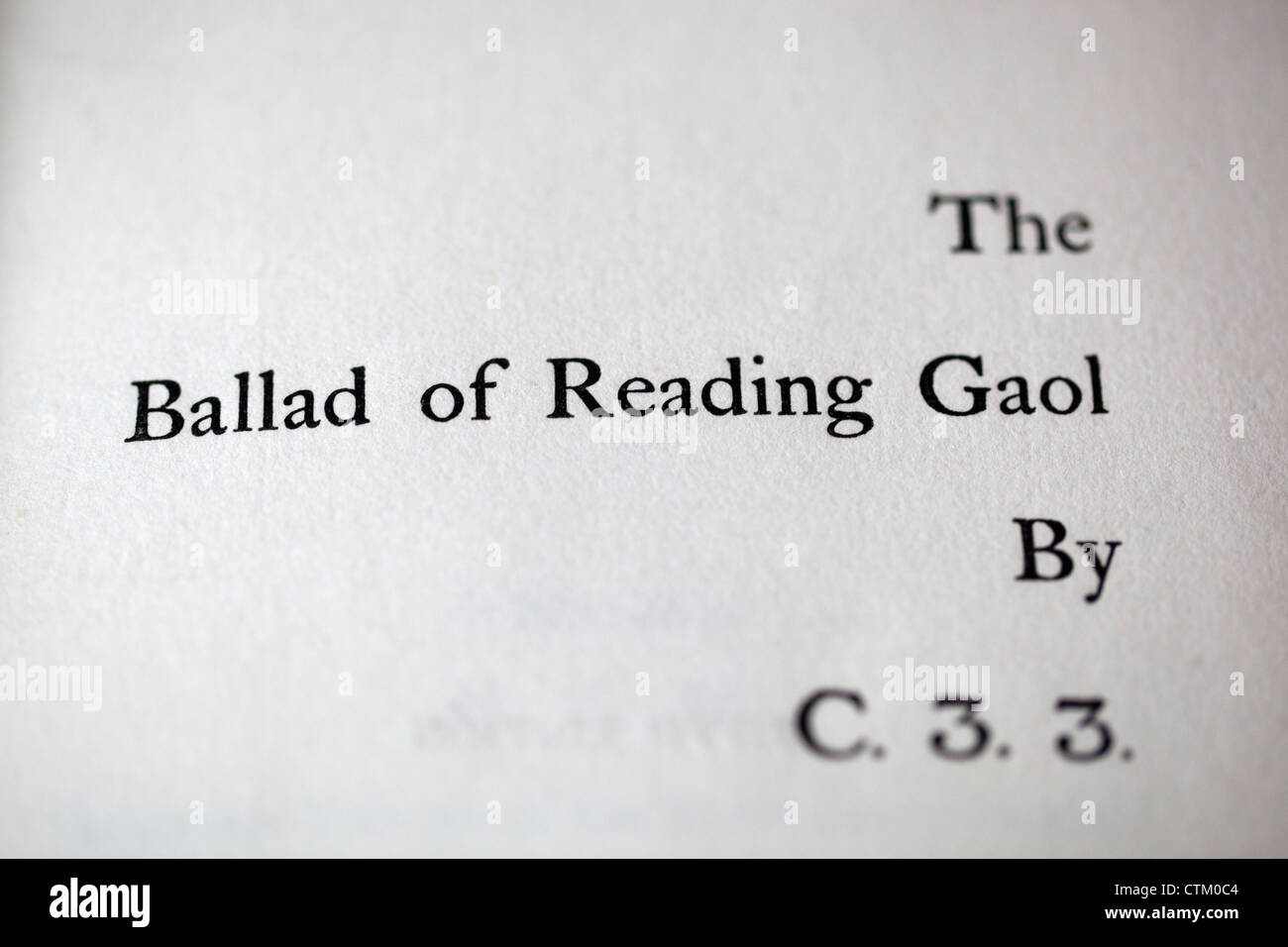


I can quote them here because they are well out of copyright. These poems show Wilde in a reflective mood, and often religious in tone: it’s a pity that none of them are dated in the freebie Kindle edition I read. These are not the arch, witty, satirical words of the man who wrote The Importance of Being Earnest. The collection contains many gems showing us a different side of Wilde. (It is only recently that the Andrews government in Victoria has passed legislation to expunge these old convictions). Wilde’s poem also reminds us that there are still too many places around the world where it is perilous to have same-sex relationships. The circumstances of Wilde’s imprisonment are well known, but they are a salutary reminder that homosexual law reform in Australia has been slow in coming and that living among us there are people who have been convicted and punished under archaic laws inherited from Britain. Dewdney’s performance is gratifying to watch.Wilde in the dock, from The Illustrated Police News, (Source: Wikipedia Commons)Īs Australia trudges through the sordid process of conducting a government sponsored poll of popular opinion on gay marriage, I read a collection of Oscar Wilde’s poems in a collection titled after his most famous poem, ‘The Ballad of Reading Gaol’.

Nicolet has given Wilde well rounded characterisation little things like his quips, retorts or behaviour add substance to and build a person out of historical accounts. In fact, Wooldridge’s answer implying that he does not find honesty in Wilde’s work is both a lingering moment cinematically and a slant reference to criticisms of his snobbery. Wooldridge (John Ellis Fox) is shown to almost be like a muse to Wilde, in the way Wilde asks him questions on his work. Wooldridge, a man sentenced to death by hanging for murder of his wife.

In the last moments of the film, as Wilde (played by Paul Dewdney) sits down to finally write, it is not De Profundis he is shown to write, but his grim ballad on the prison instead, the central character of which is Col. Nicolet takes liberties with the history. And yet again, this is not a surprise the film bases itself on Wilde’s The Ballad Of Reading Gaol. And appropriately, it reflects as much on Wilde’s experiences as it does on the almost alive beast that is Reading Gaol. Aymeric Nicolet’s honest portrayal of Oscar Wilde and his days in prison, leading up to the composition of De Profundis, is simply named Reading Gaol.


 0 kommentar(er)
0 kommentar(er)
